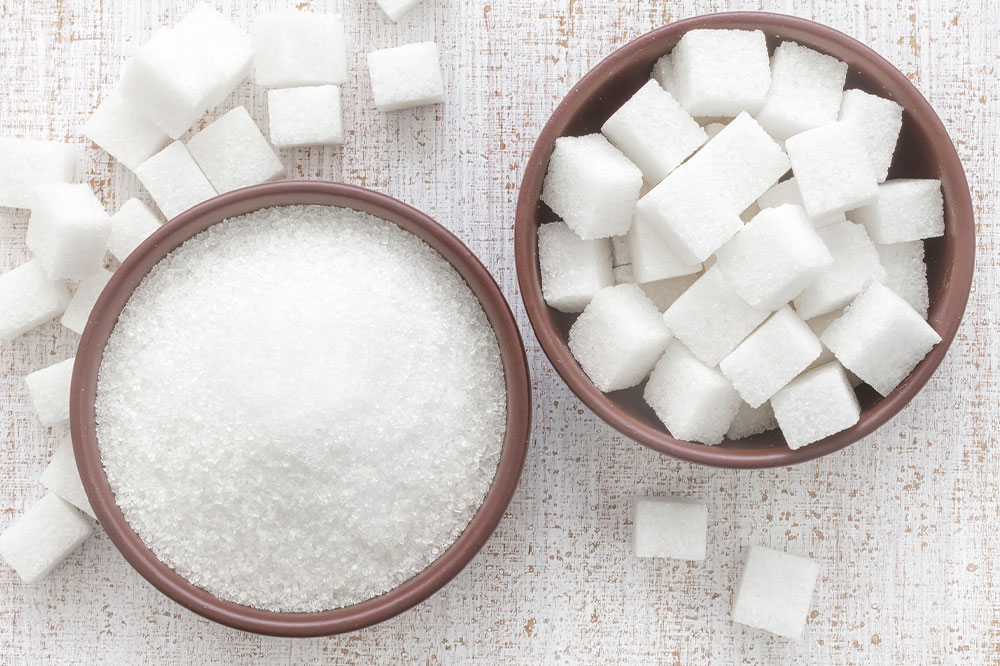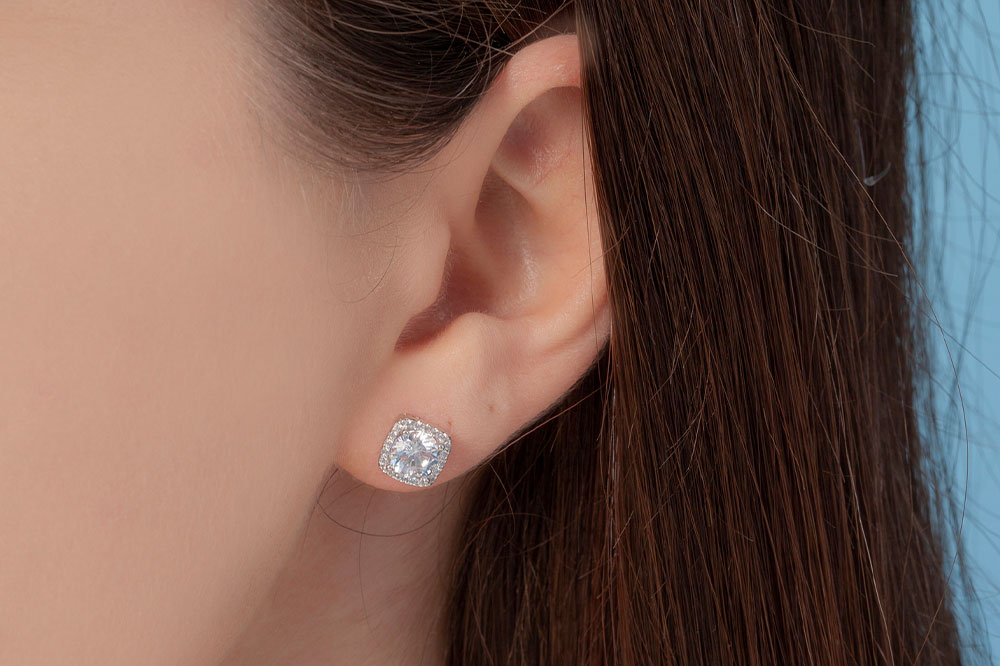7 Indicators of Excess Sugar Intake

The pandemic has led to an uptick in diabetes cases, as the low-grade inflammation triggered by the virus can worsen existing diabetes by tampering with insulin resistance. Certain research indicates that the virus can replicate within pancreatic beta-cells responsible for insulin production, hampering both synthesis and secretion. While the general health risks associated with excessive sugar consumption are well-known, this highlights the need to understand the seven warning signs of excessive sugar intake listed below.
Sugar cravings
If you have intense cravings for sweet foods and drinks, like candy, donuts, and soda, it may be a sign of consuming too much sugar. When we eat a lot of sugar, our bodies become used to getting a regular dose of it and start craving more. But giving in to the temptation can create a vicious cycle that leads to further cravings. While saying “no” to sweets can be challenging initially, it provides a range of health benefits in the long term.
Trouble sleeping
If you have difficulty falling or staying asleep, it could be because you’re adding too much sugar to your meals. Excess sugar can cause blood sugar spikes, leading to difficulty sleeping. It can also disrupt your circadian rhythm, the body’s natural process that regulates your sleep cycle. Eating sugary snacks late in the evening is especially harmful, as it gives you energy and prevents you from feeling tired and relaxing.
Trouble concentrating
A lack of concentration has many causes, and eating too much sugar is one of them. Sugar affects the brain’s ability to function correctly, impairing cognitive performance. It can also lead to fatigue. So, the next time you need help focusing or concentrating on tasks, take a moment to check whether it’s because of excess sugar intake.
Mood swings
Many research studies suggest that consuming large amounts of sugar can lead to mood swings. The rollercoaster of highs and lows that comes with sugary snacks can disrupt everyday life. If you become irritable and easily frustrated after eating sweets, it may be a sign of consuming too much sugar.
Skin changes
The skin is often the first place to look for signs of excess sugar intake. Too much sugar in the body can cause an inflammatory reaction in your skin. As a result, you may experience breakouts, acne, redness, and dryness and may also begin to look dull and lifeless. In some cases, excess sugar consumption can cause signs of premature skin aging, such as wrinkles or sagging skin. If you notice these changes in your skin, check if it could be due to consuming too much sugar.
Cavities
Frequent cavities are one of the most visible signs of eating too much sugar. When you eat sugary foods and drinks, the bacteria in your mouth break down the tiny sugar particles left behind and produce acids that can cause tooth decay. If you face frequent cavities or other dental problems, it’s time to assess your sugar intake. If left ignored, cavities and tooth decay can cause excruciating pain and discomfort.
High blood pressure
While high blood pressure could be due to a serious underlying health condition, it’s also a sign of excess sugar intake. The most common indicators of high blood pressure are persistent lightheadedness or dizziness, pounding headaches, and chest tightness. These symptoms should not be ignored. If your blood pressure is found to be too high, doctors may recommend medical treatments . But for mild cases, the top health treatment options are lifestyle changes like exercising regularly and following a balanced meal plan.
If these signs sound familiar, it’s time to consider finding the cause. If you think overeating sugar is the reason, reduce your sugar intake and seek professional advice. Consulting with a local health practitioner nearby and using the right treatments to manage the symptoms can help ensure a healthier future.
Why is cutting back on sugar necessary?
Adding too much sugar to meals or overeating sugary foods can be detrimental to health. It can increase the risk of several conditions like tooth decay, heart disease, and diabetes. If left unattended, disorders like high blood pressure and diabetes can lead to complications like chronic kidney disease or CKD. While health treatments are available for CKD, they only help manage the symptoms and may not cure the condition. Therefore, avoiding sugar in the first place is advisable instead of depending on health and medical treatments later.
What can lead to excess sugar in the body?
Several factors could contribute to excess sugar in the body. For one, a person’s meals may be full of processed and refined foods high in added sugars, such as cookies, cakes, soda, and candy. Some individuals have a particular fondness for sugary snacks and drinks, making them more likely to indulge in them. Certain medical conditions like diabetes or kidney disease can also cause sugar cravings due to the body’s inability to regulate sugar levels. Diabetics, in particular, may experience high blood sugar due to the body’s inability to produce sufficient insulin.
How to monitor and control blood sugar?
Monitoring blood sugar is crucial, especially for those diagnosed with diabetes. Experts recommend regular health check-ups or using blood sugar monitoring kits at home. Those who don’t have the condition can get tested as the doctor recommends. Depending on the situation, health experts may recommend medical treatments to manage blood sugar or simple lifestyle changes, like exercise and eating the right foods.
Excess sugar intake has become a popular point of discussion in the health and wellness sphere. While sugar is not inherently bad, too much can lead to adverse health effects. So, watch out for the signs discussed here and visit a health professional to develop a strategy to cut back on sugar.
Signing up for Medicare might be a good idea for people with diabetes. Medicare is a federal health insurance plan that covers the cost of particular treatments and health supplies like continuous glucose monitoring (CGM) devices that help patients monitor blood sugar at home. It also covers the cost of diabetes prevention programs for people in the high-risk group.









